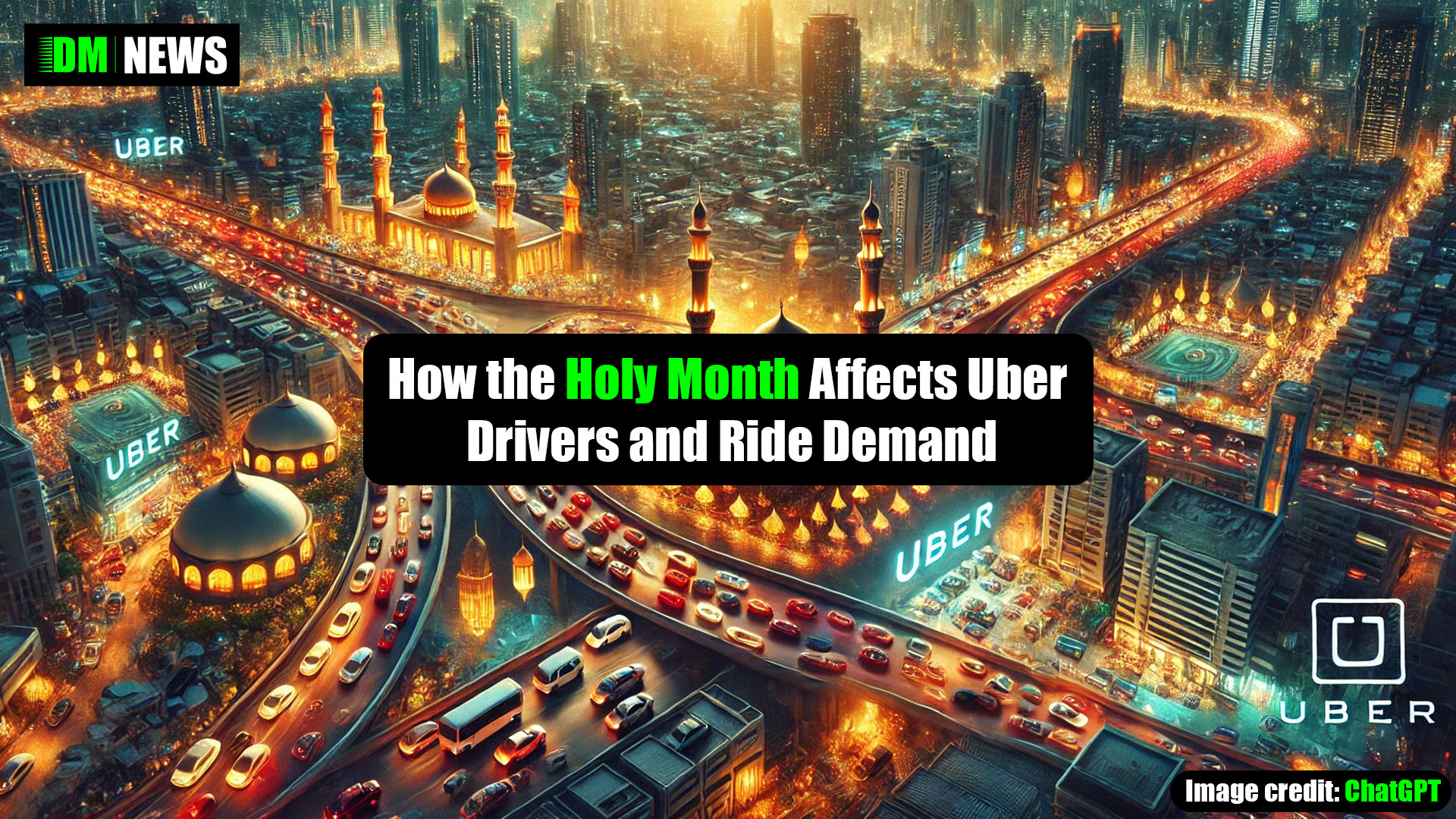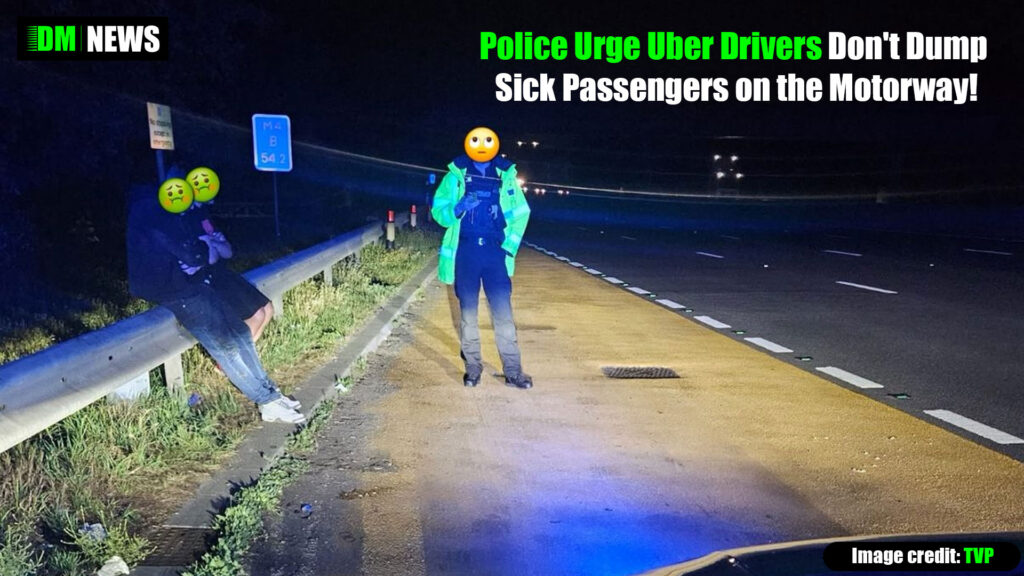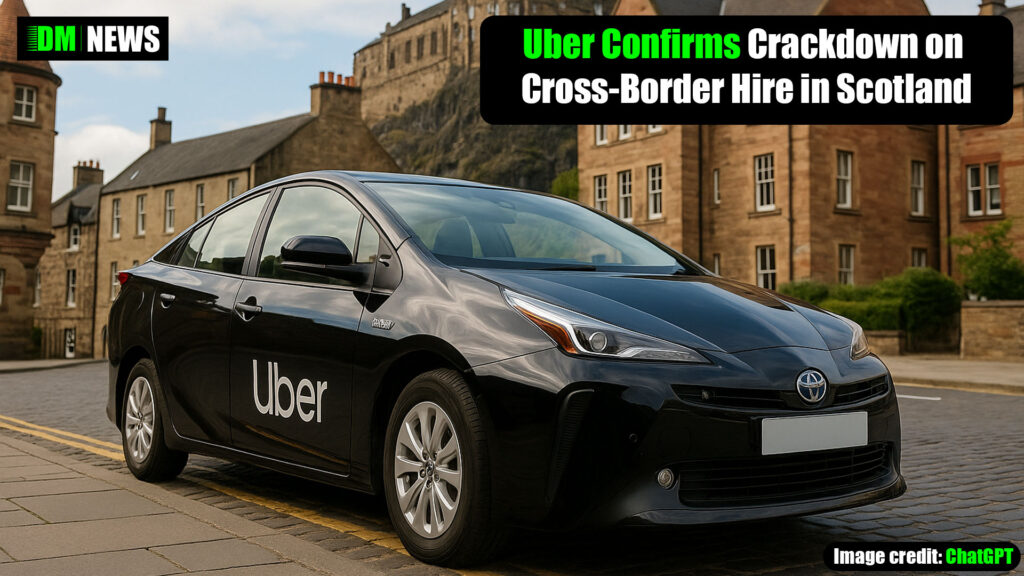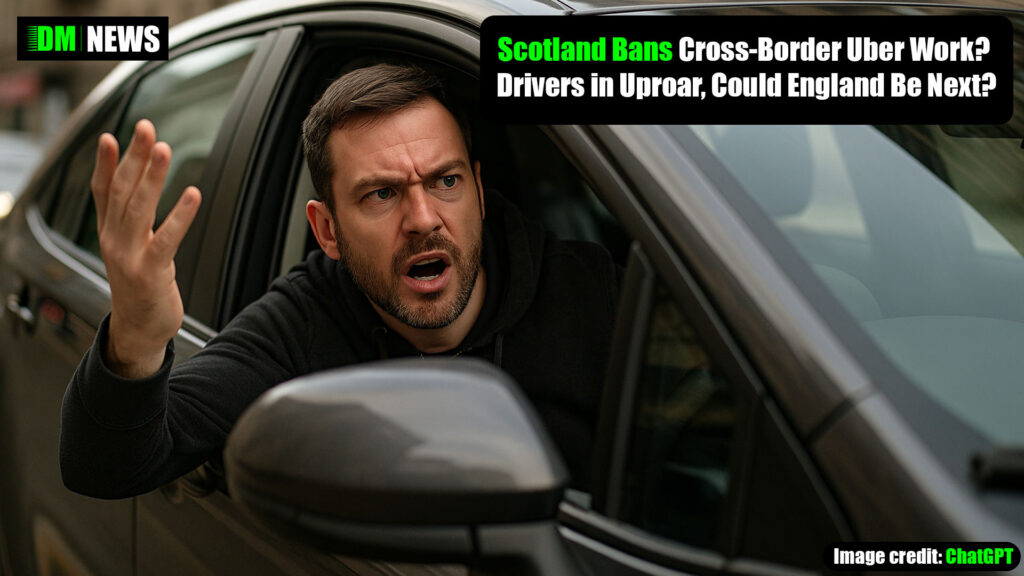As Ramadan begins, Muslims around the world observe a month of fasting, prayer, and reflection. This period brings significant changes to daily routines, including travel habits, which directly impact Uber drivers and ride demand.
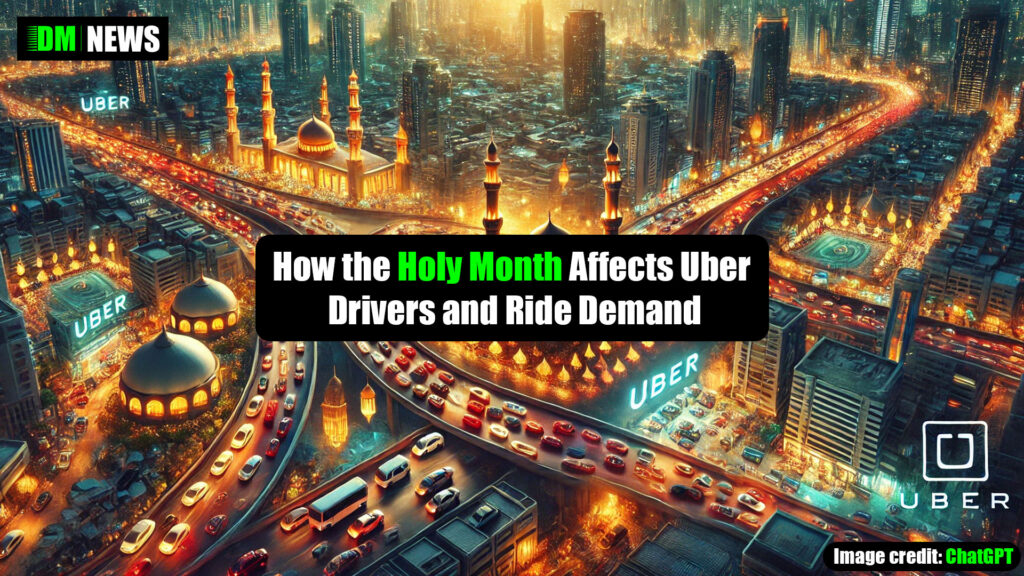
How Ramadan Affects Uber Ride Demand
Many Uber drivers worldwide are Muslim, meaning a significant portion of the driving workforce may adjust their schedules during Ramadan. With fasting from dawn to sunset, prayer commitments, and time spent with family, many drivers reduce their hours—especially around key moments like Iftar (breaking the fast) and Eid celebrations at the end of Ramadan.
This shift in driver availability can lead to higher demand and surge pricing, particularly when fewer drivers are on the road.
Key Times for Increased Demand
- Iftar Rush (Just Before Sunset): In the hour leading up to Iftar, many people are rushing to restaurants, homes, and mosques to break their fast. Some drivers will log off during this time to eat and pray, leading to a shortage of available cars and potential fare surges.
- Post-Iftar & Taraweeh Prayer Surge: After breaking fast, people head to mosques for Taraweeh (special nightly prayers). This creates a wave of ride requests, which continues late into the evening.
- Eid al-Fitr Celebration Surge: At the end of Ramadan, Eid al-Fitr is celebrated with prayers, family visits, and outings. Many Muslim drivers take time off, leading to a significant reduction in available cars, which can drive fares up due to increased demand.
Quieter Periods During the Day
In contrast, daytime ride demand often slows down, particularly in areas with a high Muslim population. Many people opt to stay home, conserving energy while fasting. Work commutes may also decrease, as businesses in Muslim-majority areas adjust their hours.
Impact on Non-Muslim Drivers
For non-Muslim Uber drivers, Ramadan presents an opportunity to take advantage of increased demand during peak hours. With fewer Muslim drivers online during Iftar and Eid, those who remain available can expect higher fares due to surge pricing.
Tips for Uber Drivers During Ramadan
- Monitor Prayer & Meal Times: Understanding when fasting ends and when major prayers take place can help drivers plan their schedules around peak demand.
- Stay Near Mosques & Popular Dining Areas: Positioning near restaurants and mosques can lead to more ride requests, particularly in the evenings.
- Prepare for Eid Surge: As many Muslim drivers take time off to celebrate Eid, ride availability drops while demand skyrockets. This period can be highly profitable for those who choose to drive.
Final Thoughts
Ramadan significantly alters travel patterns, with ride demand surging at specific times and dipping during fasting hours. With many Muslim Uber drivers reducing their shifts for religious observance, periods of driver shortages can create prime earning opportunities—especially during Iftar, Taraweeh prayers, and Eid celebrations.
For those celebrating, Ramadan Mubarak! Wishing everyone a blessed and peaceful month.
Here is a video from a few years ago of Driver Matty attempting Ramadan for the first time thanks to a few of his Muslim friends challenging him to do it.

